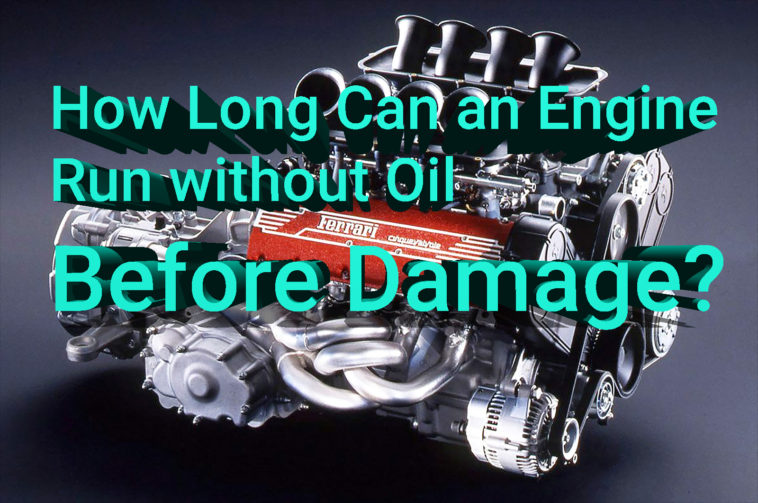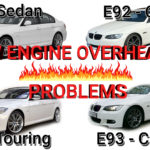Without car oil, your car’s engine runs about 15 minutes without exploding into a cloud of smoke but separating it revealing some serious damage.
The lack of appropriate lubrication, all-metal components in the engine rubbing with each other, causing an extraordinary amount of premature usage. It’s not entirely wrong to say the car runs on a timely explosion.
That’s why routine maintenance is very important. But your car engine does not only depend on the mechanical part. Without vital liquids such as engine oil and coolers, the motor won’t work well, if it runs at all. We all know why your engine needs oil and how important it is to change the oil in your car, but what happens when there is no oil in it at all?
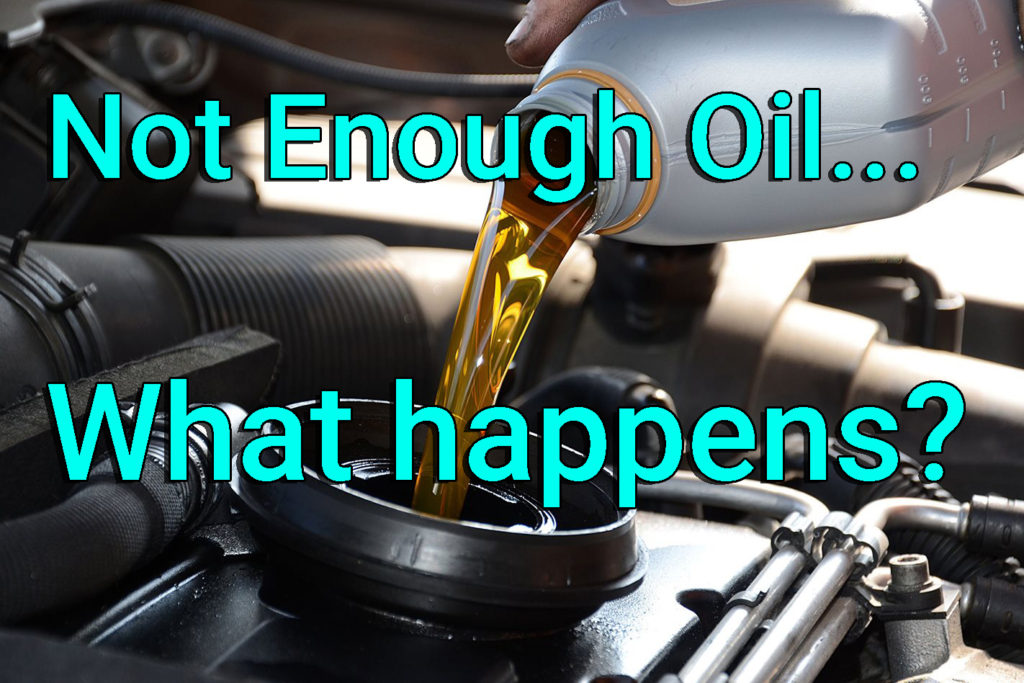
The internal combustion engine will run without oil for a while, but it will then quickly destroy itself, often in spectacular mode. That’s the subject of this new video from the engineering described, where the host Jason Fenske pointed to a thermal camera with a cheap single-cylinder engine that runs with oil, then the same engine runs without. Without oil, the engine runs about 15 minutes without exploding into a cloud of smoke but separating it revealing some serious damage.
The lack of appropriate lubrication, all-metal components in the engine rubbing with each other, causing an extraordinary amount of premature usage. If the oil engine is less running longer, it can be confiscated.
So, don’t drain your oil just to see what happens. Unless you want to buy a new engine. Finally, the inside of the engine will decrease to the point of failure and rest, kill the engine – it depends on how fast this happens. The better the engine maintenance has received the longer it will take place, but all engines will stop working at some point – explosively in some cases depending on which part fails.
What Happens if You Put Too Much Oil in Your Car?
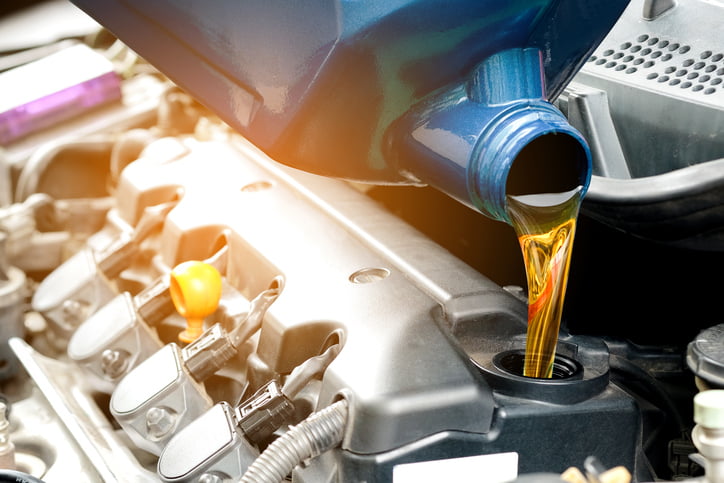
If there is too much oil in your car, the engine needs to be filled with oil so that it is not well lubricated and safe from damage, wear, and corrosion. But what happens if you put too much oil in your vehicle during the top-up lubricant or change? Here are the symptoms of the problem, what you should do if you have used too much oil, and how to find out how much oil needs your car needs.
Too Many Car Oil Symptoms

Oil pans are specifically designed to hold certain liquid volumes, accounting for heat expansion of fluid and oil pressure on components. If it’s too full, the following can occur:
Solid White Smoke
If you drive your car and see a lot of thick, white exhaust smoke, excess oil may burn in the engine block, even though liquid-like antifreeze might also be the culprit.
Oil Leaks
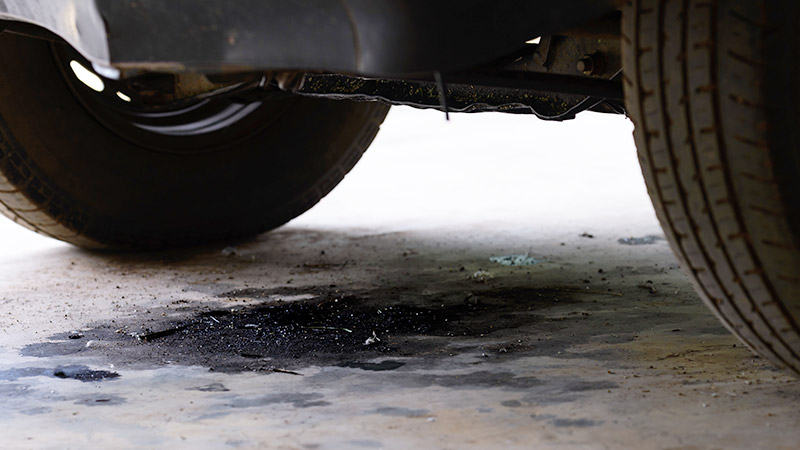
If there is much oil pooling under your vehicle, you may have been excessive, but make sure to check whether the oil plug is under a loose car because it can be a source of leakage.
The Effect of Too Many Oil Cars
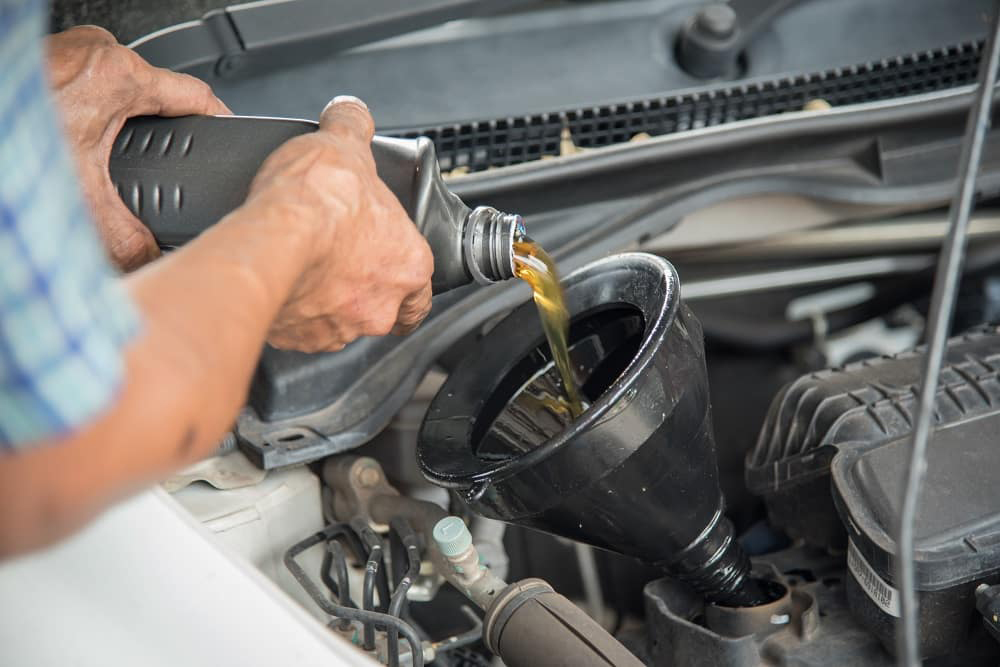
If your car accepts too much engine oil, your vehicle can be affected in various ways that have the potential to destroy:
Pressure on the Head and Tail Crankshaft
Scruple the head and tail and end up on the crankshafts to stop leaking oil. If too many oils are inserted into the engine, extra pressure can be placed on this component, which can cause leakage. What’s more, if this happens at the end of the wheel of the axis, oil can pollute and damage the clutch.
Machine Damage
Too many lubricants in the system can cause pressure on the crankshaft to increase. This can lead to oil that enters the crankshaft exhaust pipe, runs into the combustion chamber, blocks the suction hose with oil soot, and has the potential to lead to an excess engine. The overflowing oil engine can also cause crooked engine rods and collapsed valve pipes.
Symptoms of Low Engine Oil
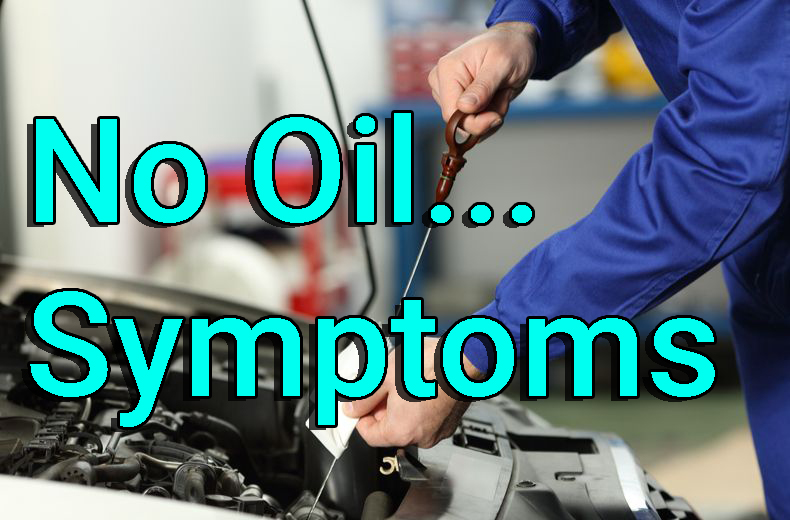
Having the idea that something is wrong with your vehicle is the most important, especially if you want to take place for years to come. Fortunately, there are some signs to watch out for when your car has low engine oil.
Realizing these signs can help you ensure that your vehicle gets the right attention before the damage that cannot be changed occurs
Low Oil Signs in Your Car
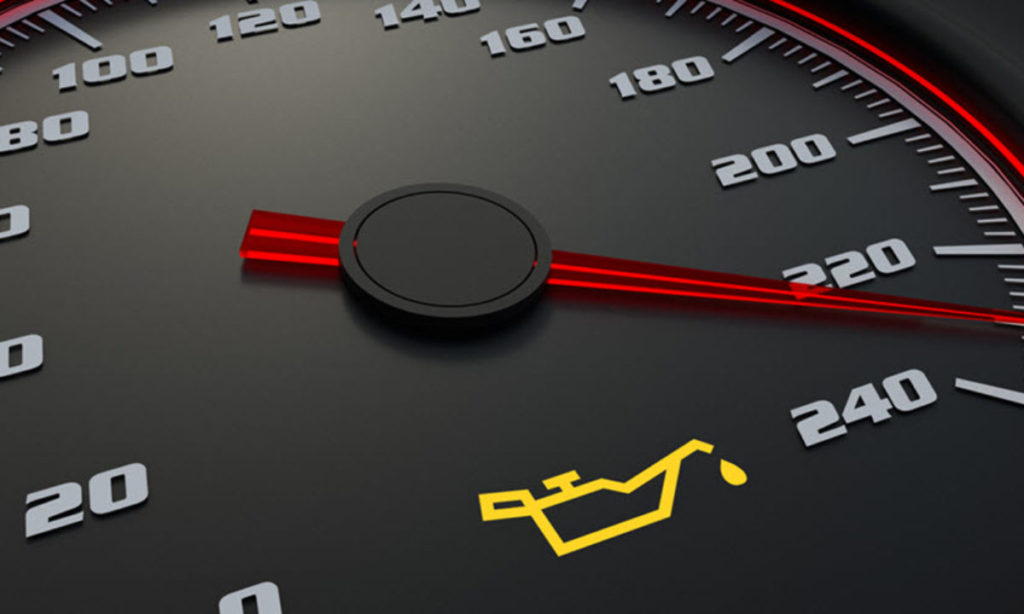
Your machine consists of hundreds of moving metal parts that constantly rubbing each other when the ignition key. Oil helps lubricate these parts, allowing them to move without causing unwanted friction. Oil also helps disperse heat. This makes your machine components cool and helps them work well when you are on the road. When oil flows low, various signs will appear to notify you, so you can take action to prevent damage. Here is a list of some of the most common symptoms of low engine oil.
Light warning oil pressure
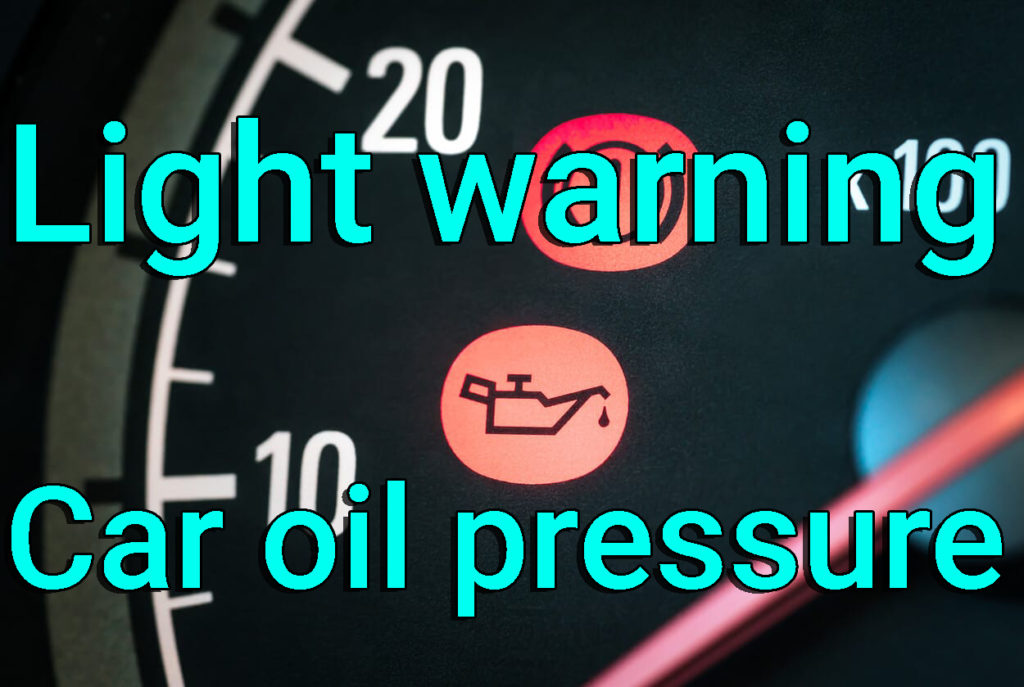
The easiest way to find out whether your vehicle runs low on oil is through the warning lights of your vehicle. This light is connected to a sensor that monitors the liquid level. If the oil pressure is too low, the warning light will activate to tell you. As soon as you see this indicator, you will want to have your vehicle served to bring your oil back to a sufficient level.
The Smell of Car Oil

If you smell the burning oil from your vehicle, you must immediately pull over and turn off your machine. This can be a sign that a leak and oil are dripping in the hot engine parts, causing this smell. Give your vehicle a while to cool down and then check your oil level.
Your dipstick will tell you if your oil level is lower than the required amount. If it’s low, don’t try to continue driving a vehicle because you can cause more damage to your machine.
Clunking Sound
When your engine oil runs low, stop lubricating the engine component. When these parts are no longer oiled properly, they cause slit sounds, beats, and grinding. This can cause your stick to break, which will sound like a knock from under your vehicle’s hood.
Usually, hearing clunking sound or knocking under the hood when you drive is the first sign of a failed machine. Without proper care, your powertrain can seize and break down completely. So, it is best to schedule oil changes when you start paying attention to these voices to help reduce the risk of damage.
Performance is Less Efficient
Your car is designed to provide impressive fuel savings, but if you have low engine engines, you might notice that it will not function as efficiently. That’s because it doesn’t have enough fluid to relax adequately the parts of the machine will cause it to work harder. The harder the engine works, the lower your fuel savings will be.
3 Ways to Avoid – the Main Engine Damage
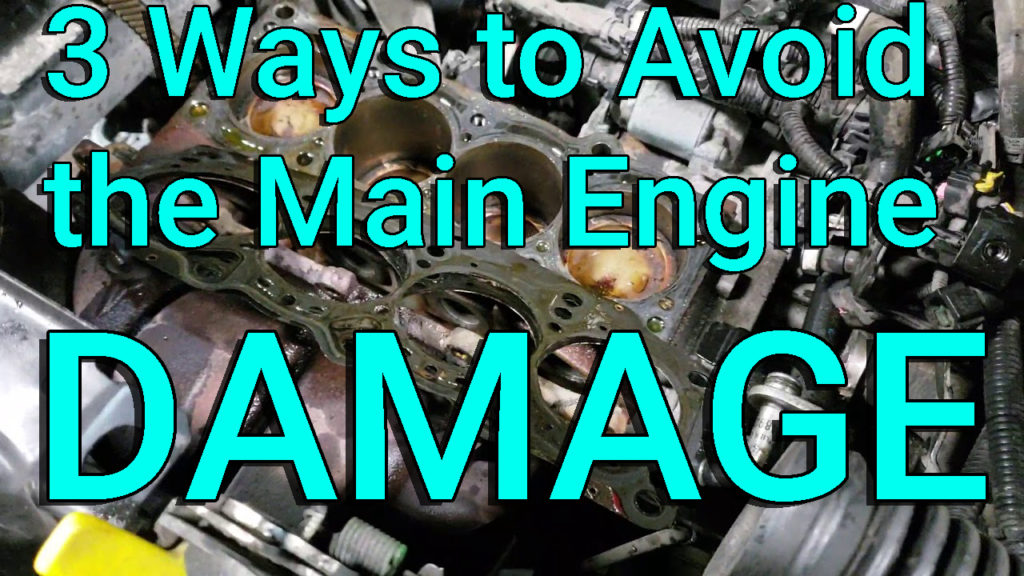
Low Engine Oil Level
Oil in Engine You play a vital role. It lubricates the engine parts that move so they don’t become damaged and too hot because of friction. If your machine doesn’t have enough oil, the machine will eventually break.
To avoid a situation where you don’t have enough oil on the machine, make sure to check your oil regularly. Also, if the oil pressure warning light appears in your instrument cluster, don’t ignore it. You have to turn off the engine immediately after it’s safe to do it when the oil pressure warning lights turn on. This can make the difference between the machine that can be repaired and damaged outside the improvement.
Damaged Timing Belt
Many modern machines are interference engine. This means that the piston and valve occupy some of the same space in the cylinder, although not at the same time. If timing belts at Toyota you take a break, the piston can attack the valve when they open, destroy it. This is a quick way to suffer large engine damage.
If your Toyota has a timing belt than the timing chain, the best way to avoid this problem is to make sure that you have it replaced when the owner’s manual tells you.
Overheating Machine
The combustion that occurs in the gasoline engine can create heat enough to melt and curved metal. Fortunately, the cooling system makes this happen by moving excess heat from the engine block and disappears. If your cooling system has been damaged, or if the head gasket has been blown, your machine can quickly start too hot.
Usually, the best way to avoid the overheating engine is to stop driving. If you don’t see a group of cooling dumping to the ground, it might be better to let the car be unemployed and maybe even increase the RPMs machine while in the park to increase the cooling flow. If the cooler is removed under the car, continue and turn off the machine. However, the temperature gauge that reaches red is a serious problem that requires an expert eye
Conclusion
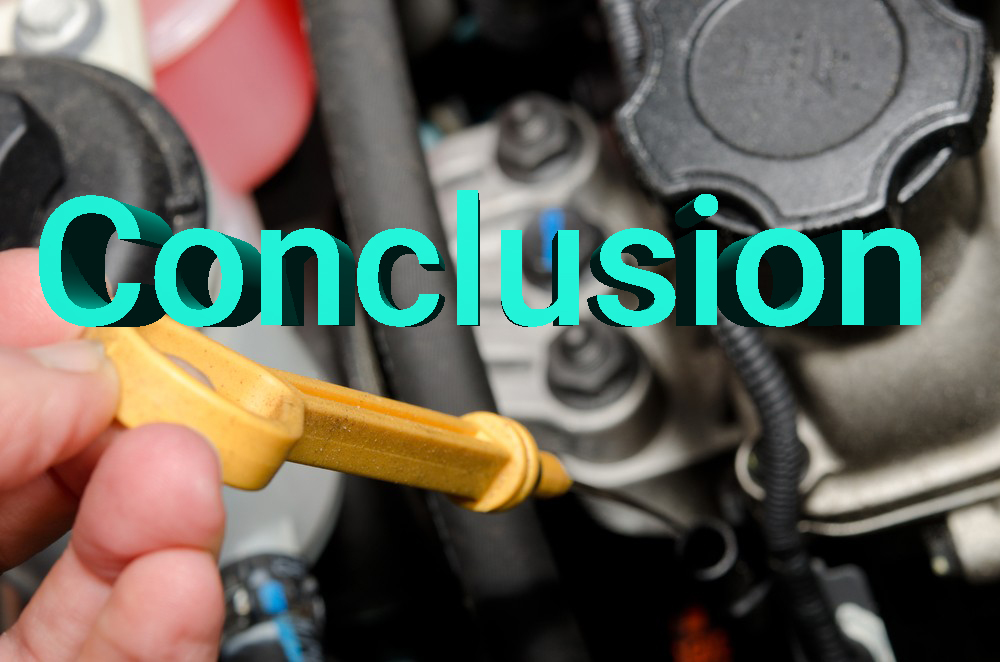
Driving without oil in your car is risky. Never drive without oil in your engine again. It sounds clear, but if you drive your car without oil, you are no doubt ignoring some signals from your engine that something is very wrong. First, the engine will make a grinding sound. This sound is caused by engine parts that grind each other because of a lack of lubrication.
Secondly, the engine will start to stop. Don’t try driving when your machine stops you. Third, the engine temperature gauge in your dash will skyrocket (friction between the moving engine parts creates a significant amount of heat). Fourth, most likely you will begin to see the smoke coming from the hood.
One of these signs means you have to stop driving immediately. You need to never drive without oil on your machine again. It sounds clear, but if you drive your car without oil, you are no doubt ignoring some signals from your machine that something is very wrong.
First, the engine will make a grinding sound. This sound is caused by engine parts that grind each other because of a lack of lubrication.
Secondly, your car’s engine will start to stop. Don’t try driving when your machine stops you.
Third, the machine temperature gauge in your dash will skyrocket (friction between the moving engine parts creates a significant amount of heat). Fourth, most likely you will begin to see the smoke coming from the hood. One of these signs means you have to stop driving immediately.

